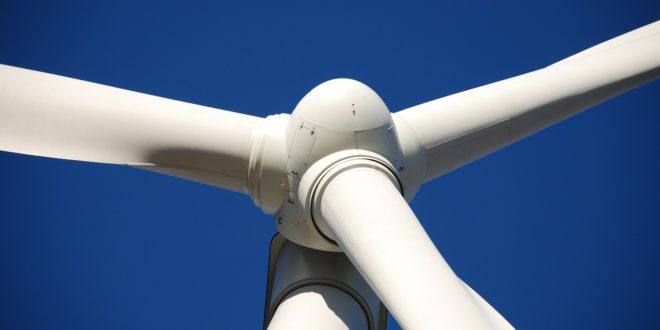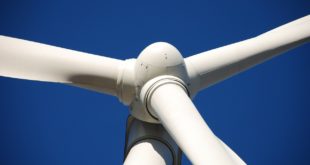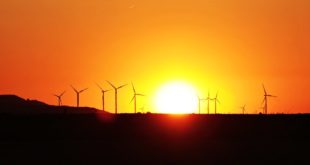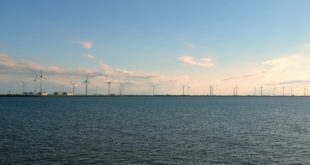- Offshore wind faces intensified operational and maintenance challenges from bigger turbines and aging fleets, risking project efficiencies, durability, and profitability
- Shoreline Wind’s new white paper underscores an urgent need to review and update existing O&M strategies, as the industry enters new territories and matures globally
Esbjerg, Denmark, 16th September 2024 – With the offshore wind industry rapidly deploying scaled-up turbines – swelling from 2MW versions in 2000 to potential 20MW+ variants by 2030 – new operations and maintenance (O&M) challenges threaten to undermine profitability, efficiency, and safety in the sector.
At the same time, an aging fleet of wind farms now require either repowering or intelligently modified O&M strategies, adding significant layers of complexity to their ongoing viability and financial success.
These dual challenges are part of the focus of a new white paper released by Shoreline Wind; How Robust O&M Plans Boost the Profitability of Offshore Wind Farms.
“The industry is at a crossroads. Larger turbines have increased energy production and reduced costs, but they’ve also introduced new O&M risks. A single failure in these larger turbines can lead to significant downtime and financial loss, an issue already seen in onshore, and now emerging offshore. Combined with aging assets, the need to review and update offshore O&M strategies is more vital than ever,” says Michael Bjerrum, Chief Commercial Officer and Co-Founder at Shoreline Wind.
The white paper explores how larger turbines require a more sophisticated approach to O&M as well as managing balance of plant, including maintenance of larger foundations, Offshore Substations and cables. Bigger turbines demand a seamlessly integrated O&M approach, where every component, must be meticulously evaluated and managed to avoid costly disruptions.
Additionally, over 8GW of offshore wind farms are now more than a decade old – a figure expected to triple in the next four years. Asset owners need tailored O&M plans to cope with the numerous and nuanced technical issues experienced by older machines. On top of this, owners may have to manage these turbines themselves once the initial OEM service deal expires.
Considering these twofold challenges, the paper advocates for early and proactive O&M planning that begins even before a wind farm is fully commissioned. As the scale of offshore projects increase, there is a growing overlap between construction and operations activities, making early O&M planning essential to avoid costly delays and ensure a smooth transition from construction to full operation.
The paper simultaneously highlights the importance of adapting O&M to regional nuances and conditions, as new markets open up and the unique challenges presented by older assets become apparent. It offers guidance on how to tailor O&M plans to diverse geographies, accounting for differences in local conditions, climate, and supply chain constraints.
In addition to larger turbine and aging asset challenges, Shoreline Wind’s white paper addresses several other critical topics, including:
- The impact of global variability in site and climate conditions: adapting O&M strategies to diverse geographical and environmental challenges.
- The importance of aligning O&M plans with partners: ensuring seamless collaboration between owners, OEMs, and contractors.
- Leveraging digital technology: using advanced data-driven systems to enhance O&M efficiency and decision-making.
How Robust O&M Plans Boost the Profitability of Offshore Wind Farms is available to download at Shoreline Wind’s website.
 Alternative Energy HQ solar power for homes, wind energy, and bio fuel issues
Alternative Energy HQ solar power for homes, wind energy, and bio fuel issues








